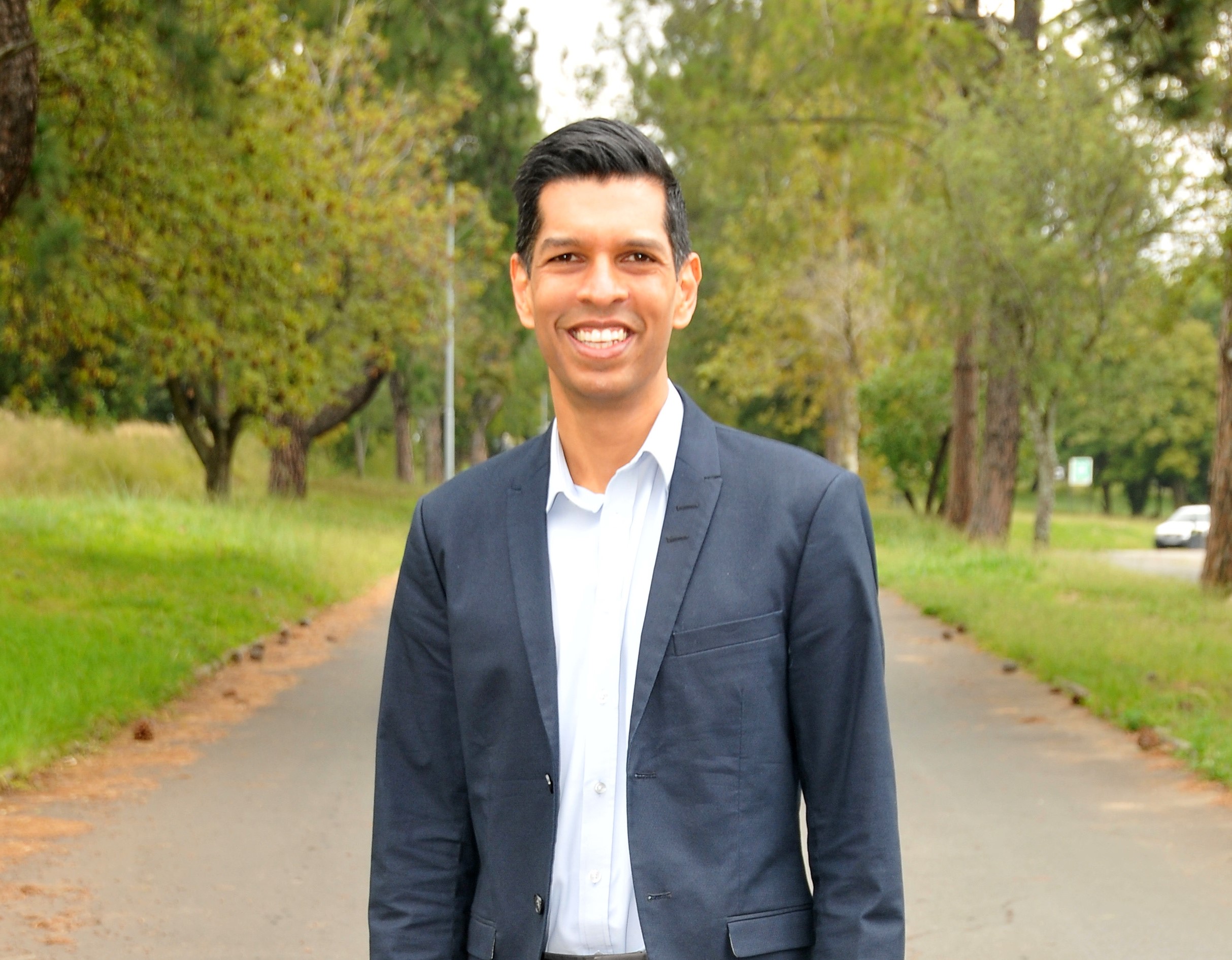Professor Nelesh Govender, Professor in the School of Pathology at Wits University in Johannesburg, South Africa and Honorary PI at the MRC Centre for Medical Mycology is one of 65 Fellows elected to the American Academy of Microbiology. Fellows of the American Academy of Microbiology, an honorific leadership group within the American Society for Microbiology (ASM), are elected annually through a highly selective, peer-review process, based on their records of scientific achievement and original contributions that have advanced microbiology.
An internationally-recognised researcher in the field of medical mycology and Head of the Centre for Healthcare-Associated Infections, Antimicrobial Resistance and Mycoses at South Africa’s National Institute for Communicable Diseases, Professor Govender’s work has translated to the discovery of two novel fungal pathogens, namely Emergomyces africanus and Blastomyces emzantsi causing life-threatening human infections. For a deadly form of meningitis caused by the fungus Cryptococcus, his work led to implementation of a national laboratory screening programme and access to life-saving antifungal treatments for people living with HIV in South Africa. His research team has documented a surge of antimicrobial-resistant fungi causing infections in healthcare settings, especially among newborn babies.
Professor Govender said, “It’s a real honour to receive this recognition alongside many excellent scientists. I’ve been so privileged to work in a position at the intersection of public health and microbiology to be able to make a real difference to the health of South Africans.”
The American Society for Microbiology is one of the largest professional societies dedicated to the life sciences and is composed of 30,000 scientists and health practitioners. The Academy received 156 nominations this year, electing 65 into the 2024 Fellowship Class.
The Academy of Microbiology advances the microbial sciences through conferences, publications, certifications, and educational opportunities. It enhances laboratory capacity around the globe through training and resources, and provides a network for scientists in academia, industry, and clinical settings.

